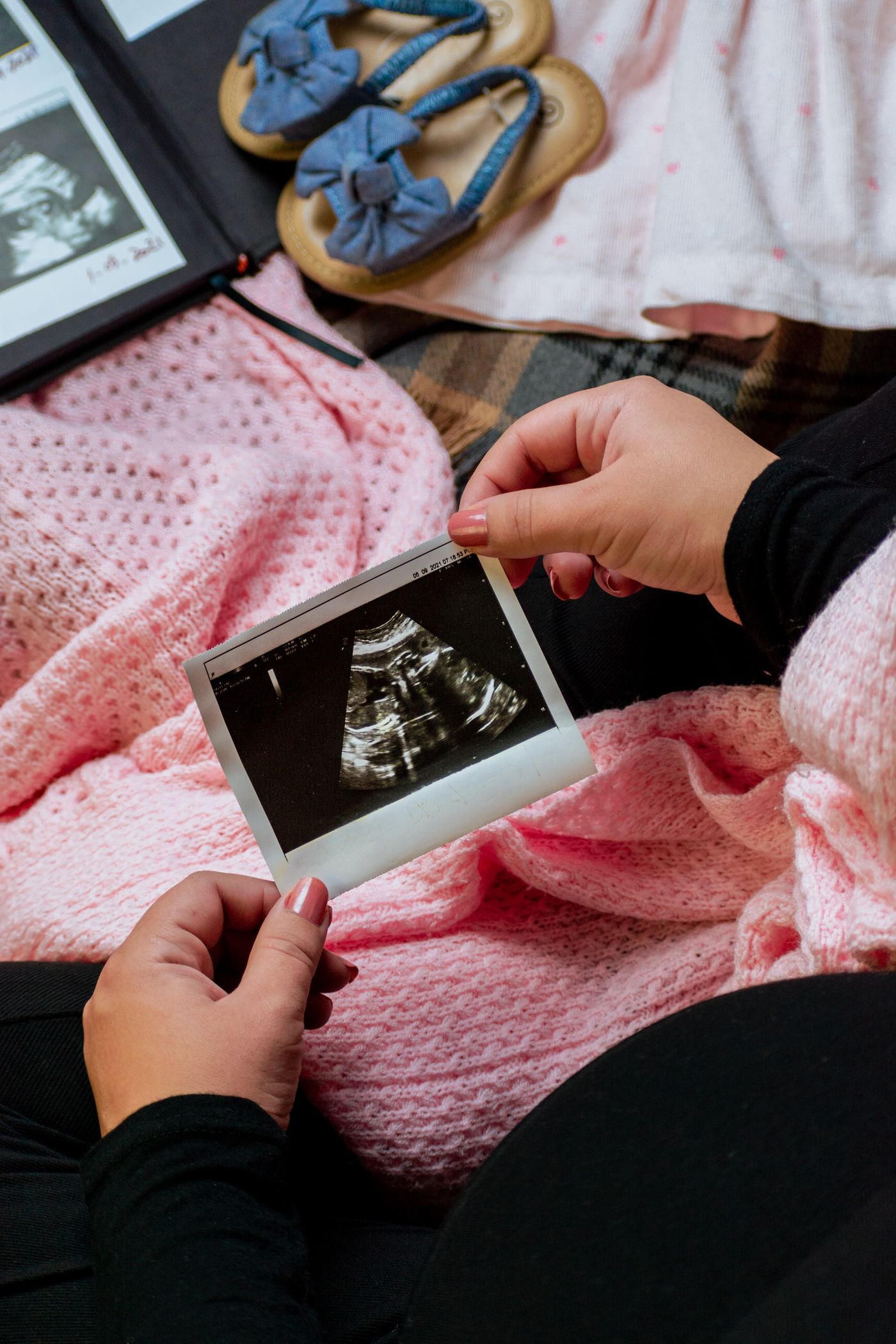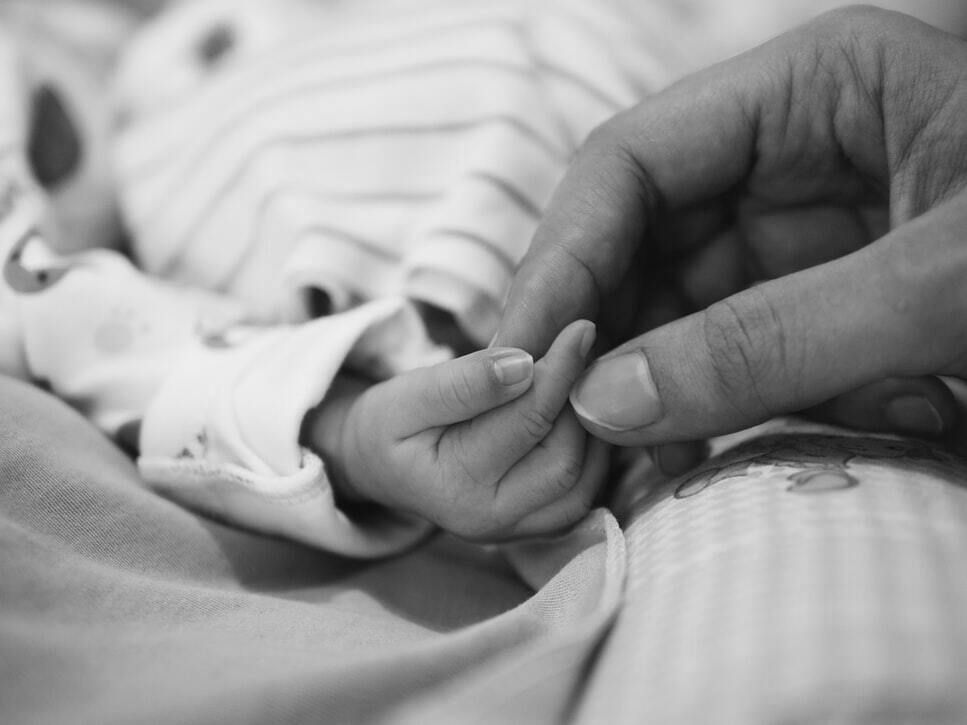Bringing a life into this world is no small feat. Pregnancy itself can be an overwhelming and exhausting experience, but it is just the beginning of your journey.

Giving Birth — What People Wish They Would Have Known
Bringing a life into this world is no small feat. Pregnancy itself can be an overwhelming and exhausting experience, but it is just the beginning of your journey. Unfortunately, everyone always has advice to give once the baby is born, but not any advice for how to handle giving birth. At A Woman’s Place, we understand the importance of women’s wellness. We are committed to providing exceptional medical care, specializing in well-woman care, contraception, family planning, pregnancy, health promotion, and prevention, as well as gynecological needs and problem visits in Northern Colorado and Southern Wyoming. Your overall health matters to us. We are here to discuss difficult topics–like giving birth–that you otherwise would be left in the dark. Keep reading to learn more about what people wish they would have known before giving birth.

Anything Can Happen — Plan But Don’t Be Glued to Your Plan
Having a birth plan is very important, not only for your wants, but also for your wants for your child. Writing out your birth plan can help you communicate clearly with your care team on what is most important to you during your birthing process. Whether you choose a hospital setting or a home midwifery experience, spelling out your wishes can make you feel more confident and secure in the birthing process. Things that many women include in their birth plan include:
Type of pain management
Skin to Skin
Delayed Cord Clamping
Vaccinations and treatments including baths for newborns
Breastfeeding vs formula
Labor preferences
Once your birth plan is finalized, it should be provided to your care team or added to your medical file. While birth plans are great to have to explore all your options before labor, it does not mean that your birth plan will be executed to a T. Just because you want a water birth, it does not mean a water birth will happen. It all depends on your well-being, as well as your unborn baby. Consider the birth plan more of a birth preference with a mindset that these wants and wishes may have to change.

Be Flexible, But Also Be Prepared to Stand Your Ground
Being flexible is one of the most important things you can do during your birthing experience. Unfortunately, plans do change and you may be forced to make new plans based on your or your unborn baby’s medical status, but being flexible does not mean that you do not have a right to make decisions. If you are uncomfortable, express it! Your care team is there to help support you! Something like the temperature in the room may seem like something you shouldn’t bother your nurses with — but if you are uncomfortable, speak up! If you are freezing in your room, curled up trying to stay warm, it can cause your experience to be more painful due to your stationary position. This is your birthing experience and while not everything you want will go as planned, speak up to see if there are other options or anything that can make the experience more comfortable and enjoyable for you.

How to Include Your Partner or Support Person in the Birthing Experience
While having a partner or support person in the room can be comforting, it may also be frustrating, as you are the one doing all the work. Your partner or support person may not be able to take your pain away, but they can be an active participant in the birthing process. A birthing class before your induction or due date is a great way to incorporate your partner or support person and encourage them to take an active role. Get in contact with A Woman’s Place to learn more about birthing classes and resources for support during your birthing experience.

Learn Proper Breathing Techniques
Everyone tells you to just breathe, but no one explains the proper way to breathe. Deep breaths are great for yoga, but not so great when you are experiencing contractions. Deep breathing enables your respiratory system to push down on your uterine muscle, making the contraction more painful. Short, rheumatic breaths can be more beneficial.
You Can Decline Medical Interventions
While it may not seem like you have many options during your birth, you do have the right to decline medical interventions if you see fit. The Journey of Prenatal Education’s studies show that some interventions can cause increased risks. Always know your rights and understand the risks with each medical intervention to make the best-educated choice for you and your baby.

You Give Birth Twice
Many women are unaware that after they give birth to their beautiful newborn baby, they must go through the birthing process again for the placenta. Your placenta is an organ that provides your baby with nutrients while developing. Normally it passes a few minutes after the birth of your baby. Your midwife or doctor may give you oxytocin to help your womb blood vessels seal after the placenta is birthed. Midwifery refers to this process as “the active management of the third stage of labor”.

Available Pain Medications and Methods
Knowing all your available options and methods for pain management is very important to know well before your due date. Understanding how the human body works during labor, as well as knowing your pain threshold, is critical for choosing the right pain management medication or method. Review available pain medications, methods, and risks associated with your midwife or care team. Knowing your options beforehand can help you make a more informed decision when the pressure is on.
Pushing Process
The pushing process is more than just pushing. Many nurses tell you to push and you don’t understand what that means. Even those who have been through labor find it difficult to describe the pushing process other than an overwhelming feeling to push due to the pressure. During labor, you may not experience the urge to push right away or, if you have had an epidural, you may not even feel it at all! Pushing typically is not painful, but many women do feel some relief. Talk to your care team if you are unsure if what you are feeling is normal!
Pooping During Birth is Natural and Common!
While you are pushing, you may experience a bowel movement. Do not be embarrassed! This is completely normal as you use the same muscles you would during a bowel movement to birth a baby. The doctors, nurses, and midwives are all too familiar with this occurrence and will have it cleaned up in no time!
NICU Experience
Many parents are not aware of the newborn intensive care unit until they find themselves there. The NICU provides round-the-clock care to infants who are born prematurely, who are sick or just need a little extra help with oxygen and other important things after being born. While the NICU sounds like a scary place, rest assured that your baby is receiving the best care from highly trained nurses and doctors specializing in infant care. If your family does experience a NICU stay, rely on your baby’s care team and the available social worker for additional support.

Breastfeeding Can Be Painful
Breastfeeding is pictured to be this beautiful, instant bonding experience between mother and baby, but quite often that is not the case. Breastfeeding can be painful. If you are experiencing pain while breastfeeding it could be because your baby is not latched properly or is not positioned properly. Other common issues are:
Cracked nipples
Mastitis
Tongue-tied baby
If you are experiencing any pain, discomfort, or any other concerns about breastfeeding, reach out to a specialized lactation consultant.
Your Post-Pregnancy Body
Giving birth does not mean you will instantly go back to your pre-pregnancy weight or even body. Your body has been through an incredible journey full of wondrous changes necessary to bring life into this world. While it would be nice to immediately drop down after birth, most women will resemble their five-month pregnancy bodies. You may even be bloated or swollen. Don’t worry, it is part of the natural healing process.
How A Woman’s Place Can Help
Understanding your body during the different stages of family planning is important for both your physical and mental health. Whether you have questions about pregnancy prevention, family planning, or menopause care, A Woman’s Place can help! Women’s health can sometimes seem like a mystery, but it doesn’t have to be! A Woman’s Place is dedicated to providing excellent health care for women through any life stage. Check out our available services to see how we can help you.
